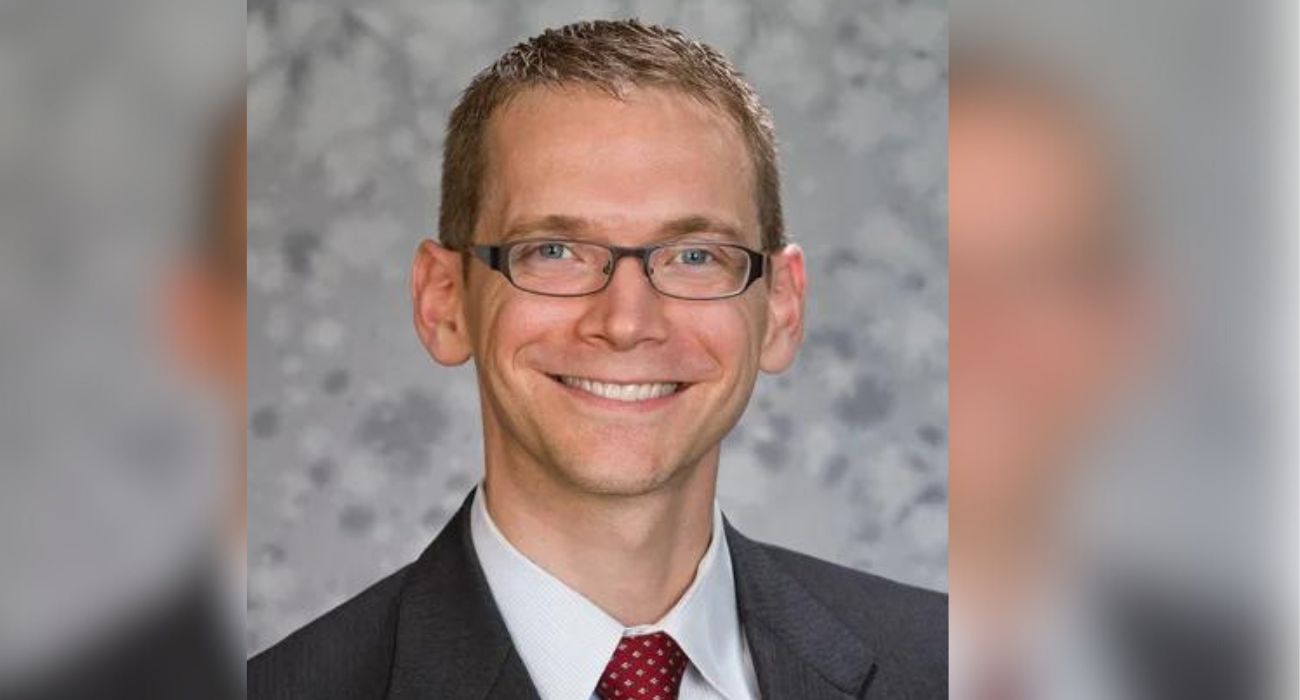AUSTIN — Texas Education Agency Commissioner Mike Morath addressed the State Board of Education regarding charter schools and the applications the board would review during its meeting on Wednesday.
“I appreciate what y’all do,” Morath told the SBOE members. “I’m thankful for y’all’s partnership to try and help our schools.”
Turning his attention to what Chairman Kevin Ellis (R-Lufkin) called “charter school day,” Morath laid out a general overview of charters in Texas and the details on the five charter schools he is recommending to the board.
“We’ve had charter schools in Texas for 30-ish years now,” Morath said, adding that Texas is home to 181 charter entities that run 886 campuses and serve 400,502 students — roughly 7% of the state’s student body.
Charter school performance has improved over recent years, Morath claimed, noting that each year fewer and fewer charter schools receive a “D” or “F” rating and a greater percentage earn “A” and “B” grades according to the TEA accountability metric.
“One of the reasons for this improvement in the charter space is that charter schools have a strict accountability metric,” Morath said.
He explained that the three-strikes rule stipulates if a charter school receives an “F” rating three years in a row, it will be forcibly closed. He compared this to ISDs, noting they are permanent and do not have a direct or immediate system of enforced accountability.
The non-permanent status of charters is also reinforced by the fact that the charters go through a regular review process during which their charters may be revoked for a variety of reasons.
The multi-tiered accountability system and non-permanent status of charter schools have played a role in the closure of 44 charter entities representing 86 campuses since 2014.
Morath also stressed the rigorous application “gauntlet,” which he suggested helped weed out bad applicants and prevent people who were unequipped for the work from receiving clearance.
“That approval process has resulted in that only 12% of those applying get the privilege to operate a charter school,” Morath noted. That compares to an average of roughly 35% across the rest of the country.
“It is a very strenuous application process,” he added. Out of the charter school applicants from the current “Generation 28,” the 25 institutions seeking approval had been whittled down to five, with the rest being disqualified at some point earlier in the process.
The five entities to be reviewed by the SBOE include Celebrate Dyslexia School (San Antonio), Heritage Classical Academy (Houston), NexGen Innovation Academy (Houston), The Village Speech and Debate Academy (Fort Worth), and UP Excellence Academy (Houston).
Morath described each applicant, noting that all were proposed in areas with several D or F schools. Furthermore, several of the applicants had a number of contingencies that the TEA had requested be addressed if the SBOE approved their application.
“That is the list for this year and y’all have many hours of deliberation and discussion on this,” Morath concluded.
Once the floor was opened for questions, Member Pam Little (R-Fairview) asked, “Does the agency do a follow-up to ensure that those contingencies are met?”
“We actually do a minimum of one site visit and then there are a number of additional things we do in the first year of operations,” Morath answered, detailing how TEA staff evaluate and ensure the school is being run appropriately. “And that’s not just for contingencies but that is for all state law compliance.”
Member Audrey Young (R-Trinity) asked about the upcoming changes to the accountability rating system that will occur later this year. Morath explained that a 2017 state law altered how the accountability system would be updated, shifting it from yearly updates to a five-year review.
When the new accountability system goes into effect, Morath said, the TEA will not only issue the current year’s rating but will also re-grade the previous year with the new standards so there will be a year-to-year, “apples-to-apples” comparison.
However, claiming that “charter schools only enroll 6% of the students but receive 16% of the state funding,” Member Rebecca Bell-Metereau (D-San Marcos) suggested that recent studies have shown that charter schools produce worse outcomes than public schools.
She asked why so much money is spent on a smaller percentage of students who by her analysis do not return sufficient outcomes.
“I’m not sure where your data sources are coming from because the number is actually 7%,” Morath responded, reasserting a statistic he had shared earlier in the meeting regarding the percentage of Texas students attending charters.
“I’m aware of a Stanford University study that says just the opposite,” he said in response to Bell-Metereau’s comment on charter student outcomes, noting the study had been released a few months ago.
Bell-Metereau also suggested that charter schools are undermining the funding for public schools by receiving money that would have otherwise been sent to public schools.
Morath disagreed, asserting that charter schools are actually funded at a lower rate than ISDs yet produce higher scores, “which seems like a pretty good ROI [return on investment].”
Member Staci Childs (D-Houston) questioned how the situation would appear to observers when the TEA recommends several Houston-area charter schools shortly after installing a board of managers to oversee Houston ISD.
“How are you going to facilitate harmony between these schools and the school district?” she asked, suggesting, “The optics could be bad.”
Morath noted that his charter recommendations are based solely upon whether the schools would provide children a good education, not whether “the superintendent from one school will get along with the superintendent of another.”
Member Marisa B. Perez-Diaz (D-San Antonio) said that while “It’s no secret I am anti-charter,” she still wondered why one of the applicants presented to the SBOE was on its fourth attempt yet did not meet all the required contractual obligations.
“To still see contingencies on an application for their fourth ride is really disconcerting,” she said, asking why they had not been able to resolve those issues on a previous application.
Morath suggested that the possible reason was that “We never had contract contingencies conversations with them because they never made it that far,” so the issues might not have been discussed.
Member L.J. Francis (R-Corpus Christi) inquired whether any charter school applicants had rejected or refused to implement the requested contingencies. Morath said that virtually all applicants have readily agreed to any and all contingencies desired by the TEA.
Member Melissa Ortega (D-El Paso), referencing the school Perez-Diaz mentioned was on its fourth application attempt, asked, “Is there a plan to limit the amount of times that a charter school can apply?”
“At the moment there is not a specific limit,” Morath answered, noting, “this one is fairly unusual.”
Ortega further questioned what setting a limit might require. Morath indicated it would not take much to institute but said there had been no discussions on the topic because charter school applications vetoed by the SBOE generally do not reapply.
The board then recessed before turning to the remaining items on its agenda. Members later heard from the various charter applicants.







Trackbacks/Pingbacks